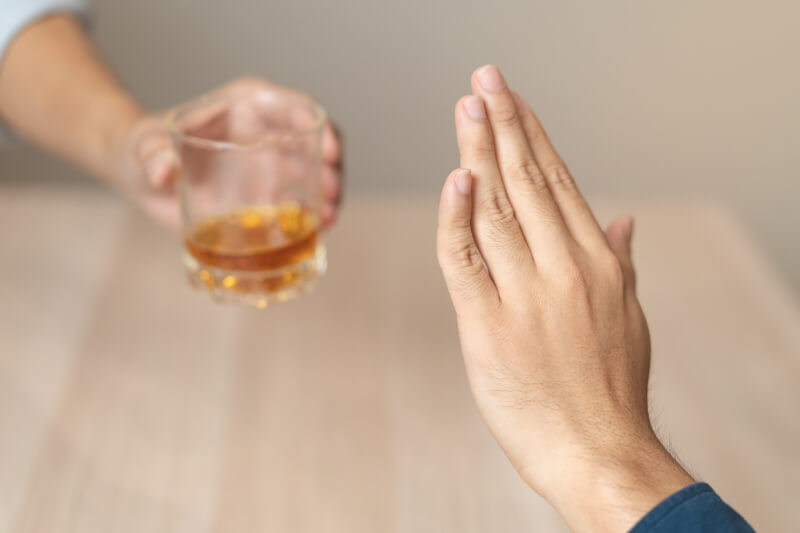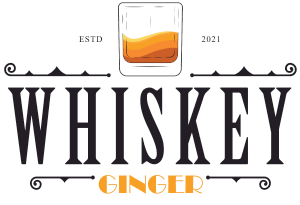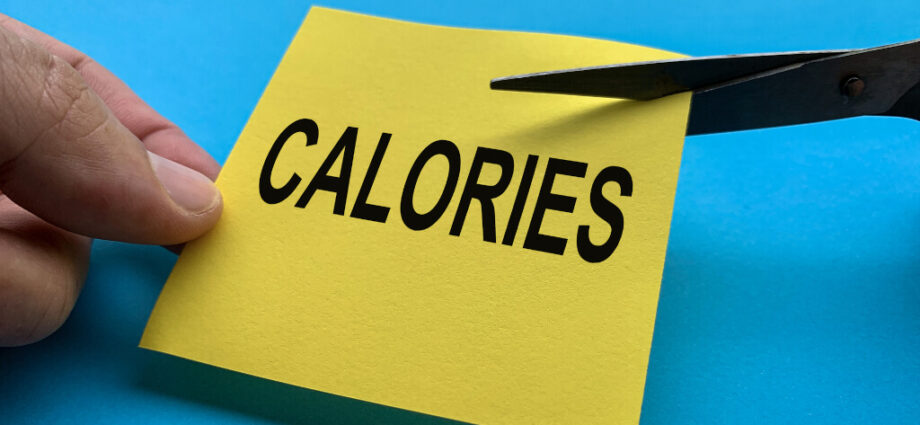Keeping your weight at a healthy level is important year-round, but especially so during the holiday season. Even when we fill ourselves like a Christmas goose, we still need to be mindful of our calorie consumption in other ways. One approach to do this is to learn the nutritional value of the foods we eat, especially alcoholic beverages like whiskey.
How many do you think a shot of whiskey has? A single serving of whiskey has about 105 calories. But that’s only for a half-ounce, or 44 milliliters, of 86-proof whiskey. This is far less than a 12-ounce bottle of beer but about the same as a shot of tequila or vodka. However, you should know that the number of calories depends on how you consume it.
But remember, all the drinks here are quite light on the booze. Unfortunately, there is absolutely nothing known as a “healthy” alcoholic beverage. Despite whiskey’s low-calorie content, excessive nightly consumption is not recommended. However, it can assist keep you warm in the winter and keep your weight down in the summer.
Whiskey’s Calories and Carbohydrates: What You Need to Know
Therefore, you can’t only talk about calorie intake without also talking about carbohydrates. Those who are concerned with their weight and general health should recognize the distinction between the two.
Calories
Calories measure the quantity of energy that a typical human body absorbs from a single serving of food or drink. 2,000 calories a day is recommended for adults, while people with weight loss goals should consume fewer. A nutrition label will always include information about the food’s carbohydrate, fat, and protein content. Calorie counts per gram may be found for each of these food categories:
- Calories in Fat: 9
- Calories in protein are 4
- There are only seven calories in alcohol.
Carbohydrates
Finally, there are carbs. To function properly during the day, your body needs them. Fruits, grains, vegetables, and other foods high in natural sugars are all high in carbohydrates. Carbohydrates can be broken down into three categories:
- Foods high in dietary fiber are resistant to digestion because they are not broken down by the body’s enzymes. These can be found in many different types of seeds, nuts, fruits, vegetables, and whole grains.
- Complex carbohydrates are found in starches such as those found in potatoes, maize, wheat, rice, nuts, and other legumes.
- Foods like milk, honey, fruit, granulated sugar, and malted grains are all examples of sugar, a term referring to the simple carbohydrates found in these products. The body can transform this sort of energy into a usable form the quickest.
Therefore, a small amount of whiskey is fine for diabetics to consume. However, drinking alcohol might bring down blood sugar. Therefore, before drinking any quantity of whiskey, individuals with sugar-related health concerns should consult with their doctor.
Whiskey Calories and Nutrition
whiskey has relatively few calories and carbs when you factor in these factors. Although grains are the primary ingredient in whiskey, many of them are eliminated during the distillation process. Therefore, the following will typically be found (on average per gram) in a standard 1.5-ounce serving of whiskey:
- An overall 105 calories.
- Null fiber, zero sugar, and zero fat.
- The average alcohol content of spirits is around 14.
Calorie Count Is Modified by Alcohol Content
whiskey has very few carbohydrates and no fat or protein if it is taken neat. The alcohol concentration of whiskey accounts for the vast majority of its calories. These are proportional to the alcohol content of the bottle (measured in percent by volume).

Alcohol, water, and the congeners are responsible for whiskey’s signature scent and flavor are all that remain after distillation and filtration. While a standard 1 1/2 ounce glass of whiskey contains about 105 calories, the calorie content of different brands varies widely. For comparison, the calorie count of 80 or 40-proof whiskeys is far lower than that of 140-proof whiskeys. The higher the proof, the more calories there will be in the whiskey:
- 140 proof (or 70% alcohol) is 170 calories.
- 50 proof (or 100 calories) alcohol = 50 mg.
- 120 calories equal 45% alcohol (or 90 proof)
- Calories in 40 percent alcohol (or 80 ABV)
The longer whiskey is aged in a barrel, the more sugar it absorbs, contributing to higher calorie content. Although this growth is not particularly noteworthy, it is nonetheless worth noting. The difference between 100 and 140 proof is roughly 2 grams. The remaining items all have less than one gram.
Whiskey’s Few Calories
The distillation process is responsible for the whiskey’s low-calorie content. All of the sugar, fat, and carbohydrates are eliminated during the distillation process. While sugars don’t go totally, they are significantly diminished. Therefore, the sugar content is so low as to be negligible.
It Has 7 Calories Per Gram
According to the numbers, there are around 7 calories in every gram of whiskey. However, this whiskey is best enjoyed neat, on the rocks, or straight up. The calorie content of a mixed drink increases exponentially due to the other liquids in the drink. The calorie count of a whiskey Sour, for instance, might soar to 340. Alcohol is calorically dense than carbs and protein, with a standard 1.5-ounce shot or glass containing roughly 7 calories per gram. Despite that, it has a lot less fat than calories.
Whiskey Calories Aren’t the Only Issue to Think About
Even while whiskey can aid in weight loss, it should be consumed with caution. To answer the question, “How many calories are in whiskey?” we need to know how you plan to consume it. whiskey mixed with soda or fruit juice is substantially higher in calories than whiskey consumed plain or with a splash of water in a shot or glass. Consuming a Coke and a shot of whiskey will add 150 calories and 39 grams of sugar to the mix.
Alcohol Alters Food Digestion
You might be okay to have one or two glasses of whiskey but know that doing so will alter your body’s ability to digest food. So, it’s not as simple as counting whiskey’s calorie count. Alcohol has been shown in recent research to slow the oxidation of several substances, including proteins, lipids, and carbohydrates. It reduces your body’s efficiency in using sugar for fuel.
It also implies that the sweets you ingest during an evening of drinking will be stored as fat rather than used as fuel. This is why drinking alcohol often results in weight gain.
The ABV Calculator

These figures also only apply to a standard bottle of whiskey. Calorie and carbohydrate counts will vary by brand. You can learn more about your preferred brand with the use of online ABV calculators. Just type in the proof and how much you plan on drinking. To convert that to calories, multiply by 7. You can use this as a ballpark figure.
Important Considerations
If you’re trying to lose weight but enjoy whiskey occasionally, keeping track of your daily caloric intake is the best strategy. The following are some suggestions for a low-calorie evening out:
- Don’t add anything to the whiskey, not even a splash of soda, and have it neat, up, straight up, or on the rocks. whiskey on the rocks or with a little water is a good way to tone down the alcohol content. Additionally, this is the traditional and optimal method of consumption.
- When you and your buddies are planning a night out on the town, it’s important to get a good dinner in you before you start imbibing. Make sure to eat nutritious snacks all through the night.
- Don’t just down shots and shots of cheap whiskey; instead, choose high-quality spirits. It’s best to drink one glass at a time, slowly, over 45 minutes, alternating with water. Don’t slam your drinks and try to keep track.
- Be aware of your calorie intake: Be mindful of your calorie intake before and while drinking whiskey. Keep track of what you’ve eaten thus far. Calculate the difference between that and the number of calories your body expended. You’ve earned a small splurge if your sum is negative. But if it goes over, you’ll need to take a few small sips.
Whiskey Is Considered for the more “Weight Conscious” Drinkers
Whiskey, among other spirits, constitutes one of the most weight-conscious-friendly options. A single 1.5-ounce shot has only 105 calories, so if you go over your calorie limit for the day it won’t break the bank.
The calorie count of whiskey rises dramatically when combined with other beverages, such as Coke or ginger beer. The higher the alcohol content of a bottle, the more calories it will have. If you’re watching your calorie intake, it’s advisable to stick to whiskies that are around 80 and 90-proof.

